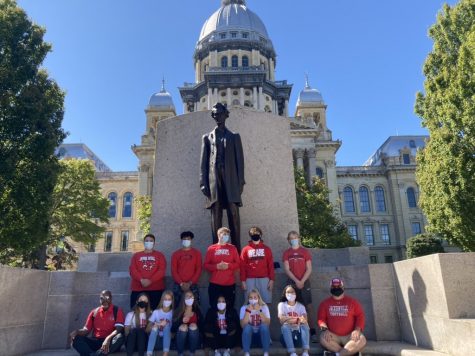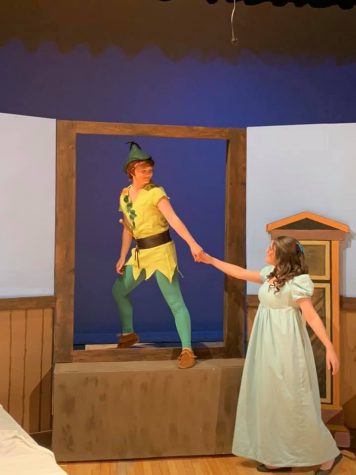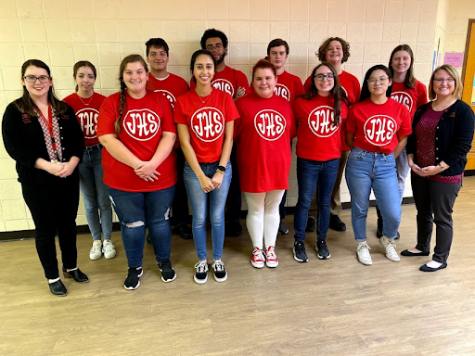Columbus Day or Indigenous Peoples’ Day?
October 21, 2015
Every year on the second Monday of October, we celebrate what is nationally known as Columbus Day. We were taught in elementary school that Christopher Columbus was the man to discover America and help establish our foundation. But what we are not taught until later is that Columbus actually invaded America and caused major trauma to all of the indigenous people.
This “holiday” was celebrated unofficially in many cities in the 18th century and did not become a federal holiday until 1937. However, most people rightfully argue that Columbus Day should be removed or changed to Indigenous Peoples’ Day. In fact, Alaska has become the first state to do so. This is because Columbus caused genocide, rape, and many diseases to ravage among the natives of the land. And what is even more unfair is that Columbus was not even looking for America. He was looking for a route to India. He didn’t even step foot in the American mainlands; he landed in the Caribbean islands.
So why do we give Christopher Columbus all this praise and worship for discovering America when he really didn’t do any good? Many people claim that a discovery is when you find something or someone or some people or some places of special importance, not previously known to them. So maybe this is why we honor him so much. Even though he was not the first to arrive in America, he did give Americans their first step in the direction of where we are today. Others are just unaware of the damages he caused the people. But then we have to remember the mass murders Columbus caused and the diseases he spread when the new people set foot on America. This is the reason people argue against the name of the holiday and instead support Indigenous Peoples’ Day.
Whatever name you choose, each side of the story has logical reasoning for what you are supporting. It is a win–lose situation for everybody no matter how you look at it.






